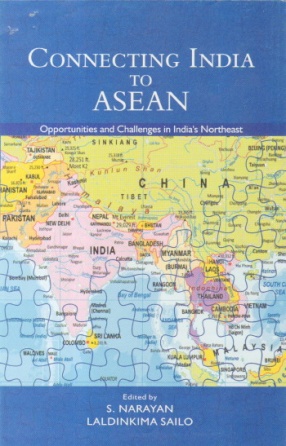
Showing all 8 books






Northeast India was largely overlooked, even as India looked eastwards for economic and strategic reasons around the early 1990s. Little was known about the land or the 45 million people that inhabited the region to the outside world. The sense of neglect by the government of India and until recently, of limited interest by academia, media or policy makers outside of the region continued as the region simmered in discontentment and underdevelopment. The lack of ...


Indian Anthropology owes its origin to the Asiatic society of Calcutta. For the last two hundred years it has grown as an academic discipline, supported by an array of competent, and practicing anthropologists. Indeed, a lot of field and desk work has gone into to make Indian Anthropology available subject of study. This book presents the full range of study of Indian anthropology between the covers. It takes into account the growth and concept of the subject to ...

The book Sustainable Development: Musahara Scheduled Caste and Sauria Paharia a Scheduled tribe is based on Empirical Study. Musahar, who prefer to identify themselves, as Dalit do not find themselves in National Mainstream. Mahatma Gandhi, Acharya Kriplani, Jai Prakash Narayan and others lived with them to understand their problems and tried to draw the attentions. The Sauria Paharia are primitive scheduled tribe and their population is declining. They are ...



The book highlights the role of anthropologist in national reconstruction, analyses the origin of the Tribal movements in Bihar since 1772 and critically examines the tribal development programmes since 1950 and identifies the bottlenecks. It also discusses the role of Police and Judiciary in improving the quality of life the tribals.

The provision of not less than one-third seats for women in PRIs through Seventy Third Constitutional Amendment has paved way for empowerment of women. The finding in this publication is based on primary data and provides a fresh framework to understand the process of empowerment of women. This book argues that three factors influence empowerment of women representatives in PRIs. These are patriarchy and cultural expectations, empowering policy environment (such ...
